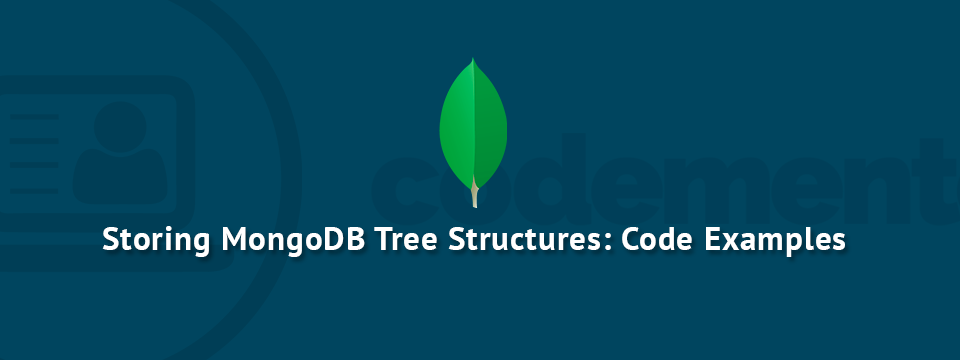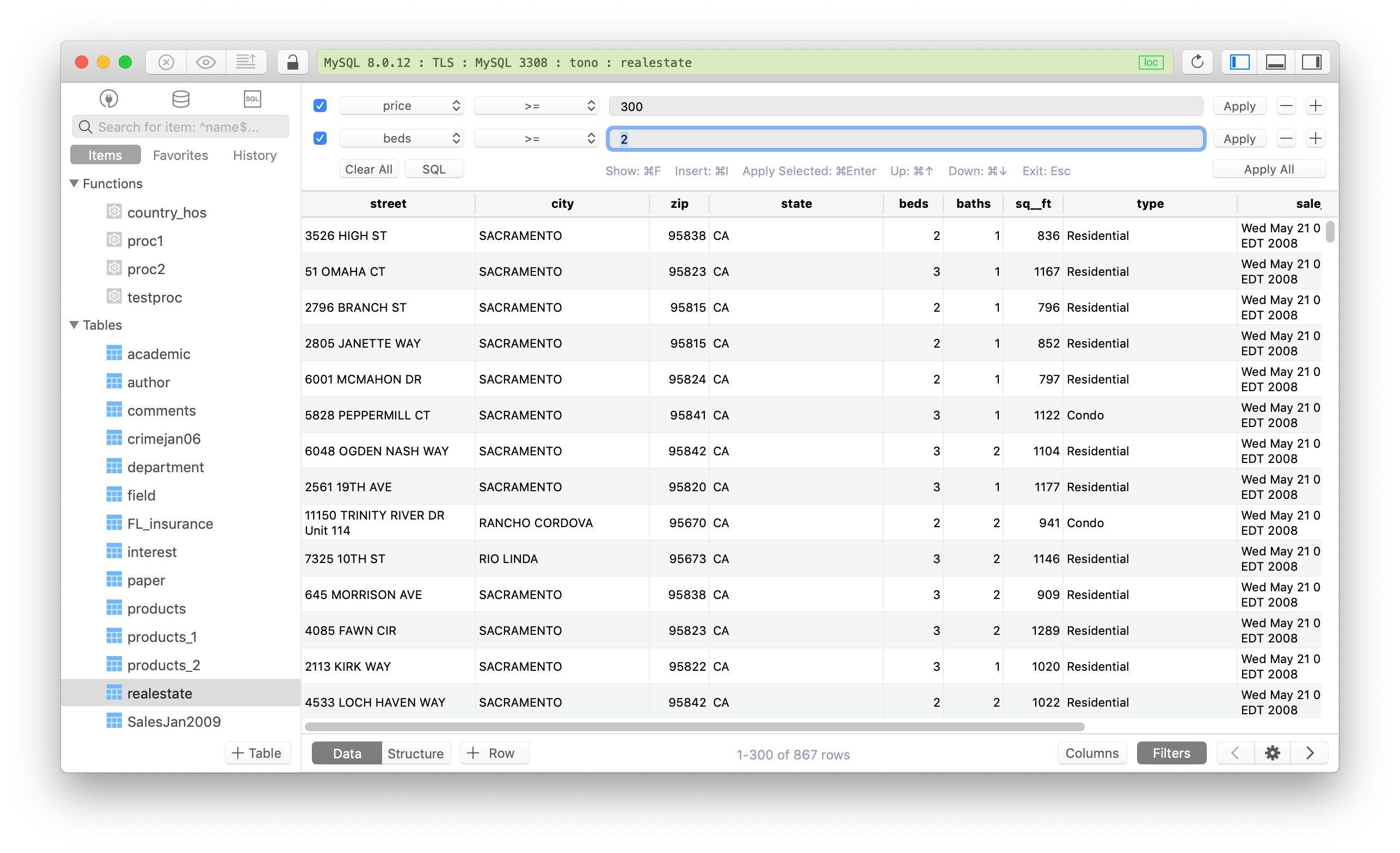6,506 2 2 gold badges 30 30 silver badges 53 53 bronze badges 1 PGMaestro seems very similar to EMS's SQL Manager (which has a free version). – newenglander Aug 8 '11 at 12:28. PostgreSQL is a highly stable database backed by more than 20 years of development by the open-source community. Software developer: Clojure, PostgreSQL, Linux Freelance (for client) Apr 2019 – Present 1 year 5 months. Package: postgresql-client: Version: 9. See full list on wiki. The Query does not work for newer Versions of PostgreSQL. Making PostgreSQL more accessible for newcomers. User centered design best practices, importance of user research, role of design for open source products. Working with advanced PostgreSQL features in UI tools. I am mainly interested in joining workshops. Additional PostgreSQL information: total RAM usage (from memory contexts), progress reporting.
- Postico 1 5 2 – A Modern Postgresql Client Centered Framework
- Postico 1 5 2 – A Modern Postgresql Client Centered Server
- Postico 1 5 2 – A Modern Postgresql Client Centered Role
- Postico 1 5 2 – A Modern Postgresql Client Centered Approach
Before we proceed, you should understand the basic PostgreSQL system architecture. Understanding how the parts of PostgreSQL interact will make this chapter somewhat clearer.
In database jargon, PostgreSQL uses a client/server model. A PostgreSQL session consists of the following cooperating processes (programs):
A server process, which manages the database files, accepts connections to the database from client applications, and performs database actions on behalf of the clients. The database server program is called
postgres.The user's client (frontend) application that wants to perform database operations. Client applications can be very diverse in nature: a client could be a text-oriented tool, a graphical application, a web server that accesses the database to display web pages, or a specialized database maintenance tool. Some client applications are supplied with the PostgreSQL distribution; most are developed by users.
As is typical of client/server applications, the client and the server can be on different hosts. In that case they communicate over a TCP/IP network connection. You should keep this in mind, because the files that can be accessed on a client machine might not be accessible (or might only be accessible using a different file name) on the database server machine.
The PostgreSQL server can handle multiple concurrent connections from clients. To achieve this it starts ('forks') a new process for each connection. From that point on, the client and the new server process communicate without intervention by the original postgres process. Thus, the master server process is always running, waiting for client connections, whereas client and associated server processes come and go. (All of this is of course invisible to the user. We only mention it here for completeness.)
WARNING: This page is deprecated. For a list of PostgreSQL client libraries, please visit: Drivers
Access libraries, which allow you to talk the PostgreSQL protocol from your favorite language.
- 1C
- 2C++
- 3Elixir
- 4Go
- 5Haskell
- 6Java
- 7Javascript
- 8Common Lisp
- 9.Net
- 11Perl
- 12PHP
- 13Python
- 14R
- 15Ruby
- 16Rust
- 17tcl
C
libpq
The standard access library, used by all the standard PostgreSQL tools. It lets you do almost anything, but is quite low level.
ECPG
SQL embedded in C. Part of the standard PostgreSQL distribution.
C++
libpqxx
A nice C++ library, with no dependencies other than libpq.
QtSql
A cross-database library, with decent PostgreSQL support. Integrates with Qt widgets, provides the basics.
Pgfe
An initial release of a C++17 wrapper for libpq.
OZO
OZO is a C++17 library for asynchronous communication with PostgreSQL DBMS. The library leverages the power of template metaprogramming, providing a convenient mapping from C++ types to SQL along with rich query building possibilities. OZO supports different asynchronous paradigms (callbacks, futures, coroutines), using Boost.Asio under the hood. Low-level communication with PostgreSQL server is done via libpq. All concepts in the library are designed to be easily extendable (even replaceable) by the user to simplify adaptation to specific project requirements.
Elixir
Postgrex
Go
pq
A pure Go driver for Go's database/sql
pgx
A pure Go driver, more features than lib/pq
go-pg
Go driver and ORM
Haskell
postgresql-simple
Java
PostgreSQL JDBC Driver
Javascript
node-postgres
pg-promise
Common Lisp
Postmodern
CLSQL
.Net
npgsql
ODBC
Perl
DBD::Pg
The standard PostgreSQL driver for DBI based on libpq

DBD::PgPP
Another DBI driver, this one written in pure Perl.
PHP
Pomm
ORMish
ext-pq
A PHP binding to libpq
Python
psycopg2
Postico 1 5 2 – A Modern Postgresql Client Centered Framework
R
RPostgreSQL
DBI driver
Ruby
ruby-pg

DBD::PgPP
Another DBI driver, this one written in pure Perl.
PHP
Pomm
ORMish
ext-pq
A PHP binding to libpq
Python
psycopg2
Postico 1 5 2 – A Modern Postgresql Client Centered Framework
R
RPostgreSQL
DBI driver
Ruby
ruby-pg
Rust
rust-postgres
Postico 1 5 2 – A Modern Postgresql Client Centered Server
Native Rust implementation.
